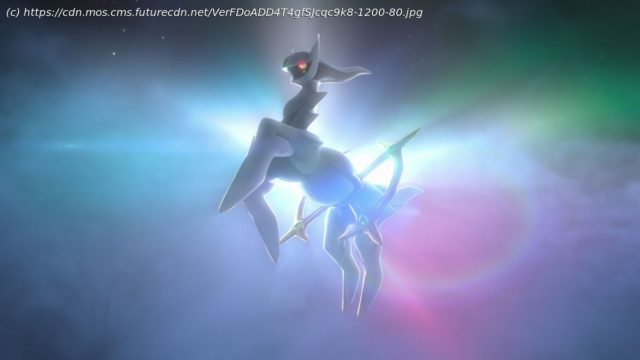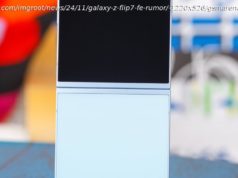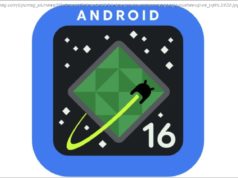While Pokémon Legends Arceus turned out to be a pretty great game, how will its critical and commercial success affect the franchise’s future?
I wasn’t quite sure what to expect from Pokémon Legends Arceus when it was first announced. Sure, the fundamentals of it were easy to grasp – a semi-open world Pokémon adventure that placed an emphasis on exploration and Pokédex completion instead of the tried and tested formula of battling to become the region’s Pokémon Master. But the real question was: could developer Game Freak create a Pokémon game this ambitious? Now that Pokémon Legends Arceus is out, I’m still not quite sure we have an answer. Don’t get me wrong, Legends is an extremely enjoyable game, and the changes to the long-established Pokémon formula feel fresh enough to set the game apart from its mainline counterparts. But therein lies a problem unique to the Pokémon games – where does the mainline series go from here? It’s very easy to get immersed in the ancient world of Hisui and the satisfying gameplay loop of consistently filling out your Pokédex, so much so that I hope the Legends brand will continue to be its own thing. The question is, then, should Legends become the new standard for Pokémon games going forward, and is that really what the series needs? For the last few years, it’s been evident that the Pokémon games have flailed around more than a stranded Magikarp in terms of what they wanted to be. For better or worse, the games have been hugely experimental, arguably since the release of Pokémon Sun and Moon way back on the 3DS, which changed up progression by eschewing gym battles for encounters with singularly powerful Pokémon. Since then, we’ve had Let’s Go Pikachu and Let’s Go Eevee, which returned players to Red and Blue’s Kanto region and placed an emphasis on catching Pokémon using the unique motion controls of the Joy-Con. Those games were followed by the next mainline entries, Pokémon Sword and Shield, which reintroduced familiar elements such as gym battles, but were infamously divisive for being intensely linear and dropping the National Dex in favor of a smaller, curated roster of Pokémon. In the years between then and now, we also saw the release of New Pokémon Snap, which arguably failed to capture the magic of the N64 original, and the Pokémon Brilliant Diamond and Shining Pearl Gen 4 remakes which again proved to be divisive due to an odd aesthetic choice and overall lack of graphical fidelity compared to even pixelated entries like the superlative Pokémon HeartGold and SoulSilver remakes from 2010.






